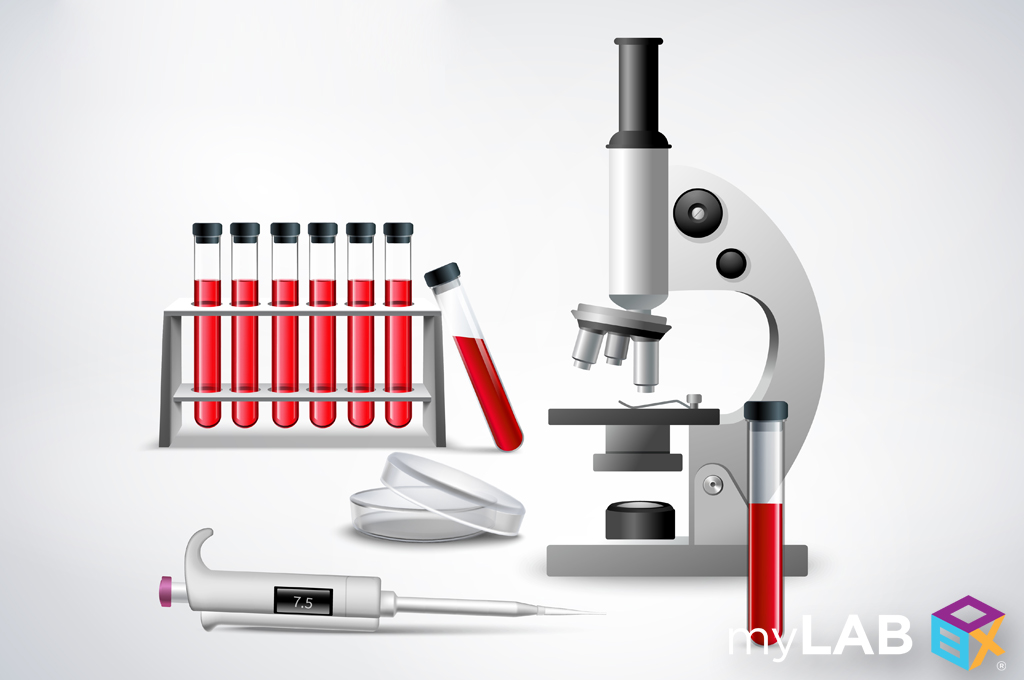What Is A Heavy Metals Blood Test?

A heavy metals blood test is one of two different toxic metals test. The blood test is designed to measure and record the array of potentially hazardous or dangerous metals. Even though blood and urine tests are equally respected, they sometimes don’t test for the same heavy metals. For instance, some forms of the dangerous mercury that resides in sea life can be identified in a blood test but not in a urine test. Conversely, urine tests are the generally used sample for non-organic forms of mercury and arsenic.
If you regularly come in contact with heavy metals, consider talking to your doctor to see if a heavy metals blood test is the right choice for your health. Coming into contact with toxic metals is not only life-threatening but so minute that it is close to impossible to know whether or not you’ve been effected without first getting tested. Getting tested is the safest choice to stay healthy.
What are “Heavy Metals” and are They Common?
The term ‘heavy metals’ is a phrase commonly tossed around without definition. What it technically refers to is the periodic table and the list of elements that contain higher densities or metallic properties. Since some metals are a regular source of injury, the term “heavy metals” is used respectively with “toxic metals.” Most of these metals exist and are naturally occuring in the environment. They can enter and contaminate your body through air, water, soil, or food. Interestingly, metals such as selenium, zinc, iron, and copper are used in small amounts to create products and goods. Not only are they in products, but while in small quantities are necessary for the regular functioning of the human body. However, the higher they increase, the more dangerous they become for your body.
What If I Get Contaminated?
Signs and symptoms of heavy metal exposure vary between the type of metal, its form, the quantity, how you were exposed, the length of time of exposure, your age, and your overall well being. Unfortunately, it’s hard to pinpoint symptoms and hard to recognize how severe your exposure without getting a heavy metals blood test. Some metals are significantly more dangerous than others. There are just too many factors to answer confidently without a blood test.
Depending on a person’s level of exposure, the detectable traces of metal varies. In some situations, the part of the body affected depends on where the metal was absorbed into the body. For instance, a toxic metal that does little to no damage when it is held in somebody’s hand, or is barely harmful and absorbed inefficiently when it is swallowed, could be extremely more harmful and cause severe lung damage you inhale its vapors.
In the end, coming in contact with heavy metals can be dangerous business. Even though some of them are naturally occurring and needed, some of them can be toxic to the point of death. If you’re worried about any exposure you might have had, talk to your doctor and see what type of heavy metals test is best for your health.
Popular Tests

Total Box
14 Panel STD Test
In Stock – Free Shipping
$369 – $399
